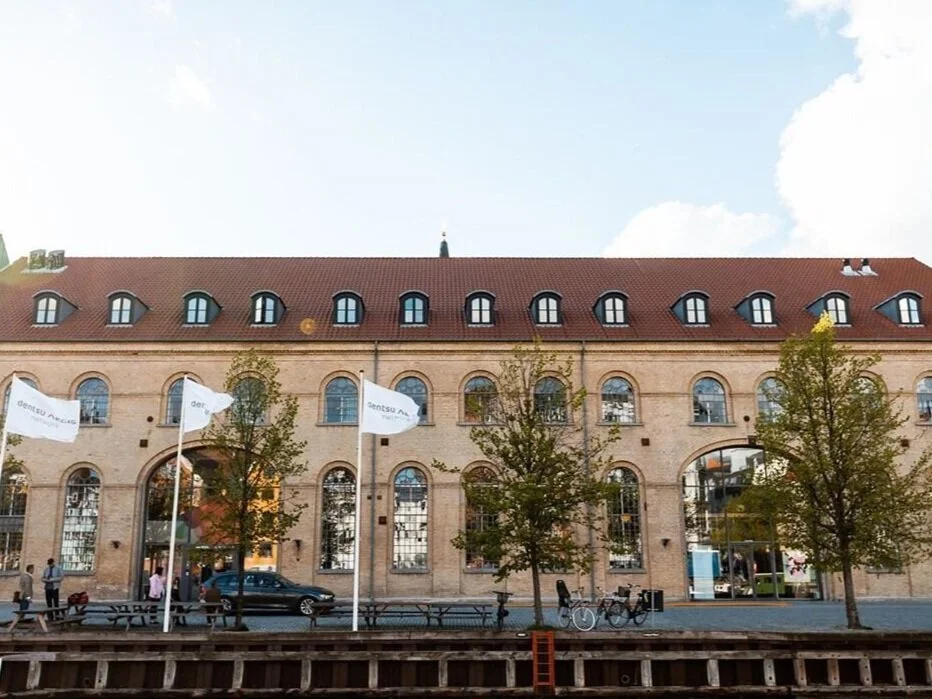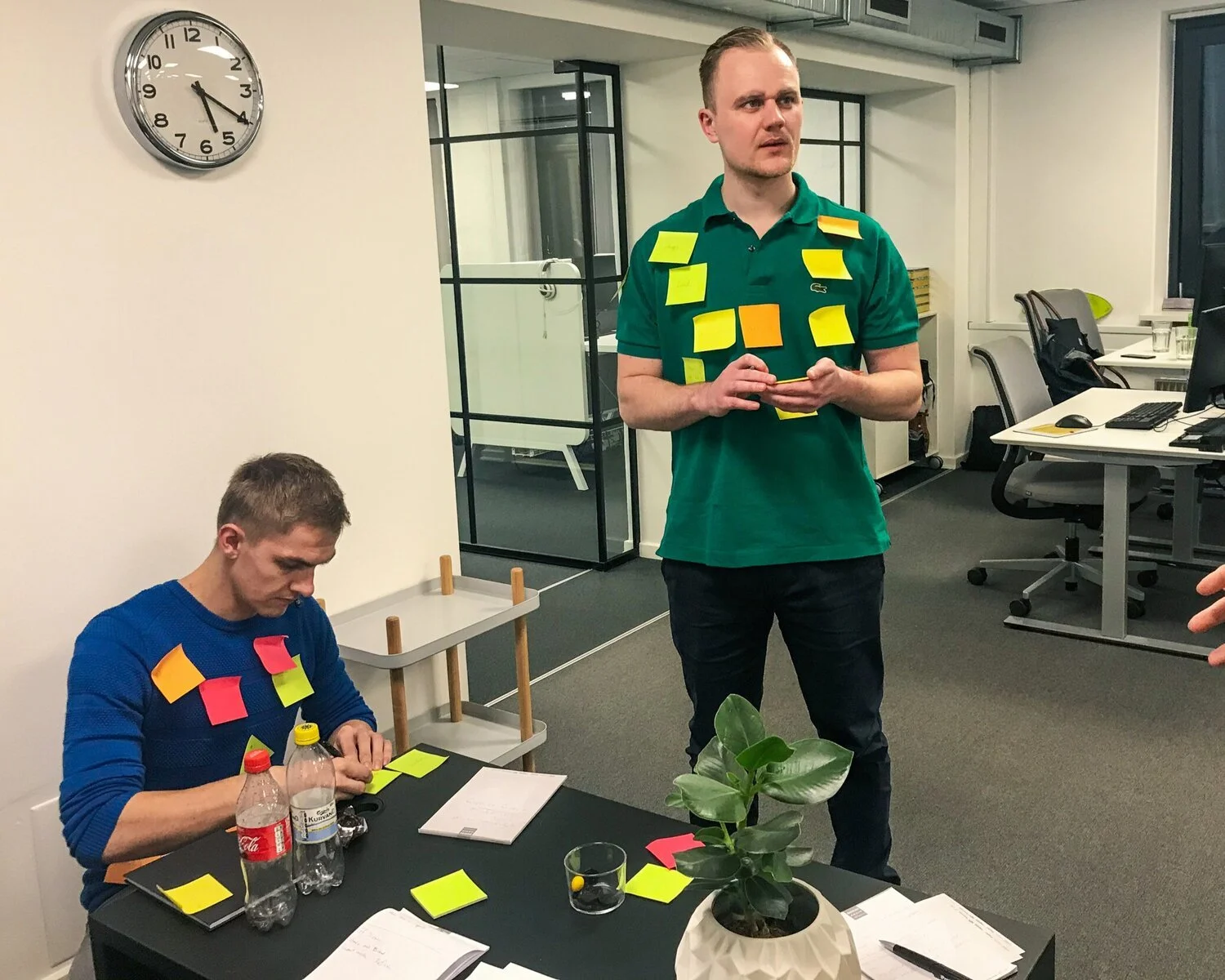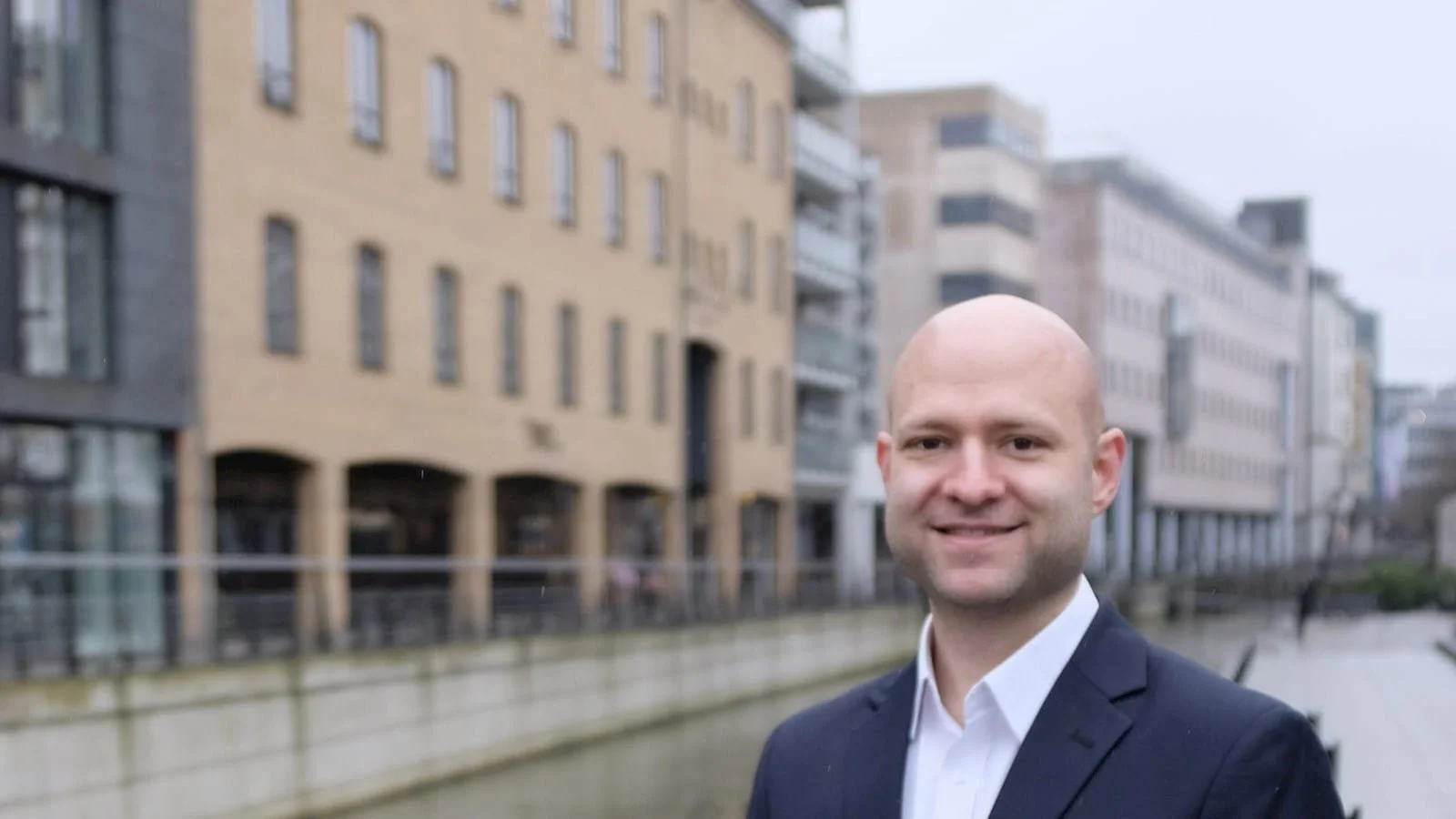
Increased responsibility for one’s own and the company’s development.
iProspect
Who is iProspect?
iProspect is the world's largest performance marketing agency and part of the Dentsu group. Operating globally, with +45,000 employees, iProspect is a company with highly specialised employees and high demands for growth as well as the company’s bottom line.
In Denmark, iProspect has experienced significant growth for many years, and has gone from being a small agency to a large company with over 100 customers.
The challenge
As a growing company, iProspect increasingly felt the challenges of being organised in a classic "orange" pyramid model that existed at Dentsu. The distance between specialists and the director had increased, and this in turn, frustrated employees. At the same time, management was under pressure to make the right decisions with the feeling that they had to do so while blindfolded. This cost iProspect both employee satisfaction and growth.
As part of the "new management paradigm", iProspect was therefore given free rein to test a new way of organising itself, significantly changing iProspect’s approach to management.
Our approach
To support the initiative to change the approach to leadership, the head of iProspect participated in one of our leadership development programmes. This programme uses an action-learning approach, where deep personal development is coupled with practical experiments in everyday life, as well as in the organisation. The course resulted in this manager taking a stand against the conventional leadership we are taught in conventional textbooks, a worldview which still prevails in business.
Through reflection and dialogue with re:lead coaches, and others in the team, he discovered how important it was for him, as a leader, to step down from the pedestal. He began to show more trust in his employees and tried new leadership approaches where individuals’ personal development and business development went hand in hand.
"Being a manager in an organisation where everyone shows leadership and takes responsibility for both their own and the company's development is liberating because it means I can focus on what I do best".
Flemming Kaasgaard
Managing Director
The challenge
Together with the management team, he implemented a radical change in the organisation, moving from the classic pyramid to a team structure where the skills of the specialists were centred around the customers, making it easier for the specialists to make their own decisions.
At re:lead, we supported this development with a training programme for the entire middle management level, and iProspect staff, focusing on developmental interactions that empowered them to manage tensions in the organisation. This also supported a management culture which took a more inclusive, and coaching approach.
We trained these leaders in understanding the underlying needs and to be aware of the difference between the content layer (what we talk about) and process layer (how we talk about it). This helped to raise their awareness significantly, and enabled them to deal with conflict more quickly, and less dramatically. They were also trained on how to ask better questions in personal conversations, as well as how to guide and support their staff in their development.
The effect
Employee satisfaction increased significantly in all relevant areas, and the appetite for interdisciplinary innovation received a huge boost. Among other things, the team developed a product that was implemented globally within the organisation, which helped put the Danish team on the world map.
Employees in the new organisation took increased responsibility for both their own development and that of the company. At no point did top management change the requirements for growth and profit, and iProspect continued to deliver on these metrics. The case is a good example of how human development and business growth go hand in hand.
Is your organisation also in need of a culture-upgrade?
We work with people and organisations who have the courage to grow in new ways, by putting a consciously developing culture at the top of the strategic agenda.





